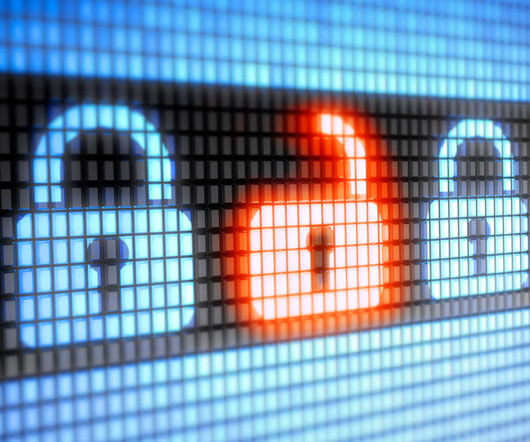Access Control: The 5 Single Sign-On Benefits
IT Security Guru
JUNE 30, 2021
Using the same password for all software applications increase the chances of cybercriminals learning an individual’s log-in credentials and gaining unauthorized access – resulting in data theft, identity theft and other harm. Single Sign-On (SSO) is a solution that combats password fatigue.












Let's personalize your content